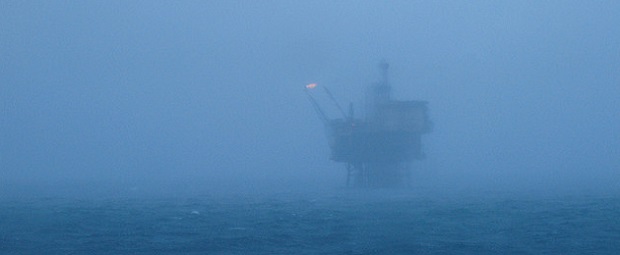Norway regularly features near the top of rankings for quality of governance, health and education, including Transparency International’s Corruption Perceptions Index. In 2014 it was ranked by this index as the fifth cleanest country in the world, out of 175 countries. It is one of the few resource-rich countries that have managed to escape the resource curse, using its oil and gas to achieve high standards of living for average citizens rather than for the benefit of elites.
Norway is also often seen as a good global citizen, for example supporting civil society organisations worldwide (including Transparency International). It was also one of the first to put the then thorny issue of tax havens on the global agenda over six years ago.
But it is not always domestic policies that are required to fight corruption. Developing countries lose an estimated US$ 1 trillion a year to illicit financial flows, most of which ends up in countries in the global north and in tax havens. As noted by the Organisation for Economic Cooperation and Development (OECD) and others, effective anti-money-laundering mechanisms in developed countries are essential to stop these flows of money from leaving developing countries.
Recent reports have highlighted areas where Norway could do better to fight corruption worldwide:
- In December 2014, the Financial Action Task Force published its most recent evaluation of Norway’s readiness to fight money-laundering. It found that Norway had taken some good measures, but that “significant weaknesses undermine overall effectiveness”.
- A report by Eurodad, a network of 47 non-governmental organisations from 19 European countries working on issues related to debt, development finance and poverty reduction, at the end of last year found that millions of dollars in Norwegian development funds are still being channeled through tax havens.
- In the 2014 TRACE Business Bribery Risk Index, which ranks close to 200 countries, Norway came in 135th place when it came to anti-bribery laws and its enforcement of them.
- Transparency International’s 2014 Exporting Corruption report that looks at how well countries are enforcing the OECD Anti-Bribery Convention scored Norway as having limited enforcement when it comes to cracking down on bribery by Norwegian companies abroad.
Norway is not alone in its lack of enforcement of foreign bribery laws. The Exporting Corruption report highlighted that the “performance of the majority of the 40 countries that agree to combat foreign bribery in international business transactions is far from satisfactory.” Eurodad’s findings show that many other countries also use tax havens as channels for development funds, including Germany, the UK and Belgium.
And in December 2013, the OECD found than none of the 34 most developed countries in the world gets high marks when it comes to taking the basic measures against illicit financial flows, including on effective anti-money laundering and tax transparency.
Given the above, perhaps it is not surprising that Norway has experienced a number of high-profile corruption cases recently, mostly connected with overseas business. Yara and Telenor, the country’s fifth and third largest companies respectively, have faced major scandals involving foreign bribery.
These events show that no country is immune to corruption, particularly outside its own borders. In Norway’s case, the evidence points to a need to be consistent and enforce anti-corruption rules and regulation both at home and abroad.
Carousel image: copyright, Flickr / Stig Nygaard
















 Connect with us on Facebook
Connect with us on Facebook Follow us on Twitter
Follow us on Twitter